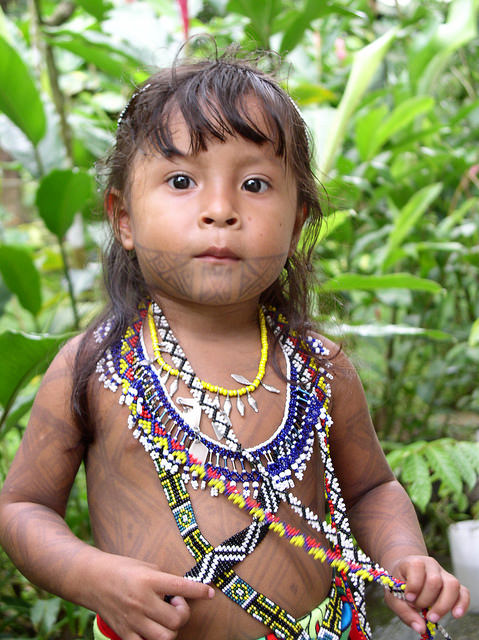Panama’s legal framework for protecting the land rights of Indigenous Peoples is one of the world’s most progressive. These rights are enshrined in Panama’s constitution. The threats to the land rights of Indigenous Peoples come not from the law, but from increasing pressure on indigenous territories not yet titled. Pressure comes from the private sector, the landless poor, and government claims to protected areas.

The National Assembly reaffirmed the rights of Indigenous Peoples in 2008 when it passed Law No. 72 establishing procedures for collective titling of indigenous land. In October 2014, the Inter-American Court of Human Rights ruled in favour of two Indigenous Peoples of Panama that inhabit the Bayano region, reaffirming their rights to their ancestral lands and establishing jurisprudence in favour of other Indigenous Peoples in Panama. Then, in April 2017, the Supreme Court of Justice of Panama decided that Indigenous Peoples have the right to occupy their ancestral lands even without possessing title deeds. Despite these advances, recognition of Indigenous Peoples’ rights is far behind their aspirations. For decades, the central government has emphasized economic investment at the expense of indigenous land rights. With the election of President Juan Carlos Varela in 2014, there seemed to be political will to achieve significant advances.

The Tenure Facility-supported pilot project, completed in 2017, capitalized on these emerging opportunities. The National Coordinating Body of Indigenous Peoples in Panama (COONAPIP), with Tenure Facility support, advanced the titling of indigenous lands and built the capacity of Indigenous Peoples to defend their territorial rights. In 22 months, COONAPIP advanced titling of 231,328 hectares in six territories.
In 2018, COONAPIP began upscaling these advances with backing from the Tenure Facility. The initiative called ‘Project to Strengthen the Territorial Security and Organizational Capacity of the Indigenous Peoples of Panama’ provides the technical services COONAPIP needs to secure, protect, and improve the governance of indigenous territories.
For a Land Governance Assessment Framework (LGAF), click here.
For a timeline of land and forest rights in Panama, click here.
To learn more about our partners’ work in Panama, see below.
Recent projects